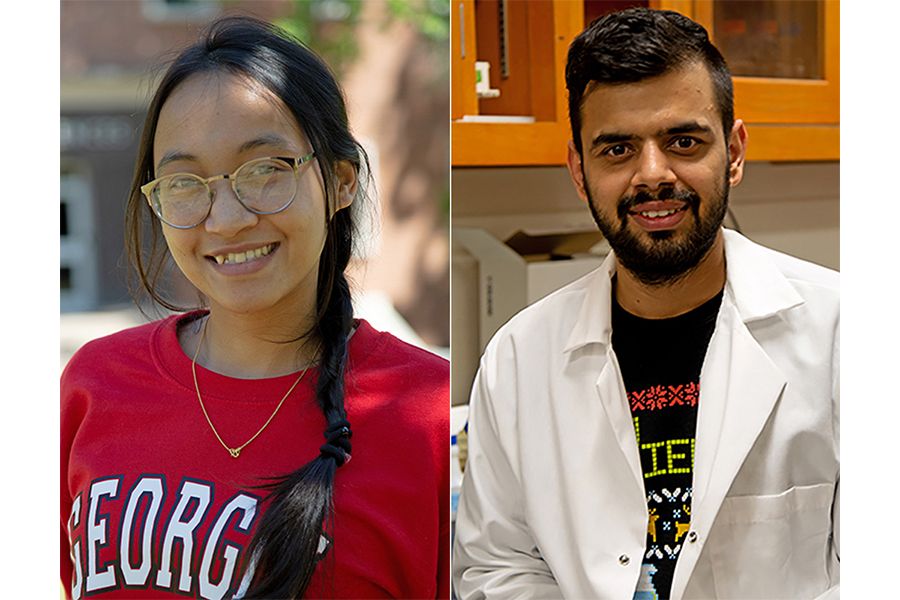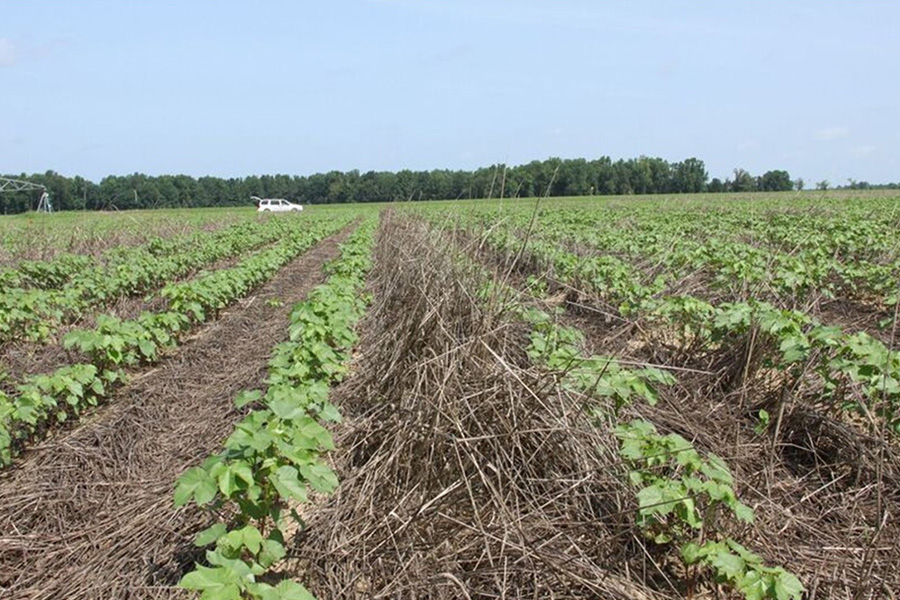 CAES News
CAES News
Cover crops provide habitat for predator insects that may help control pests
The use of cover crops has risen among both traditional and organic producers for a variety of reasons — to control erosion, choke out weeds, improve soil health and enhance water availability. Now research by University of Georgia scientists is examining which cover crops also may provide important habitat for predatory insects that could help control disease- and damage-causing pests in cotton.

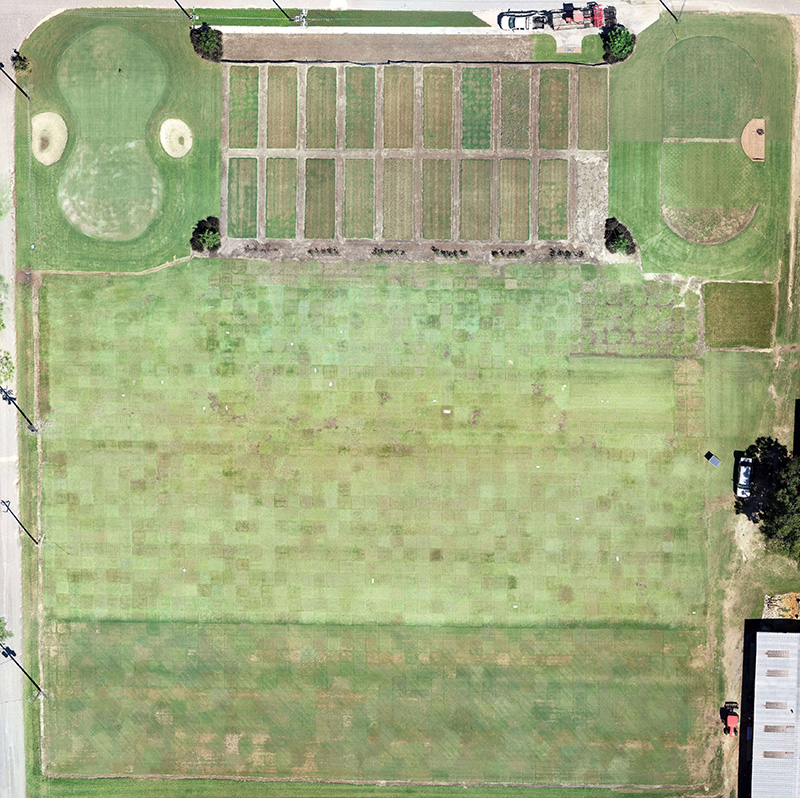
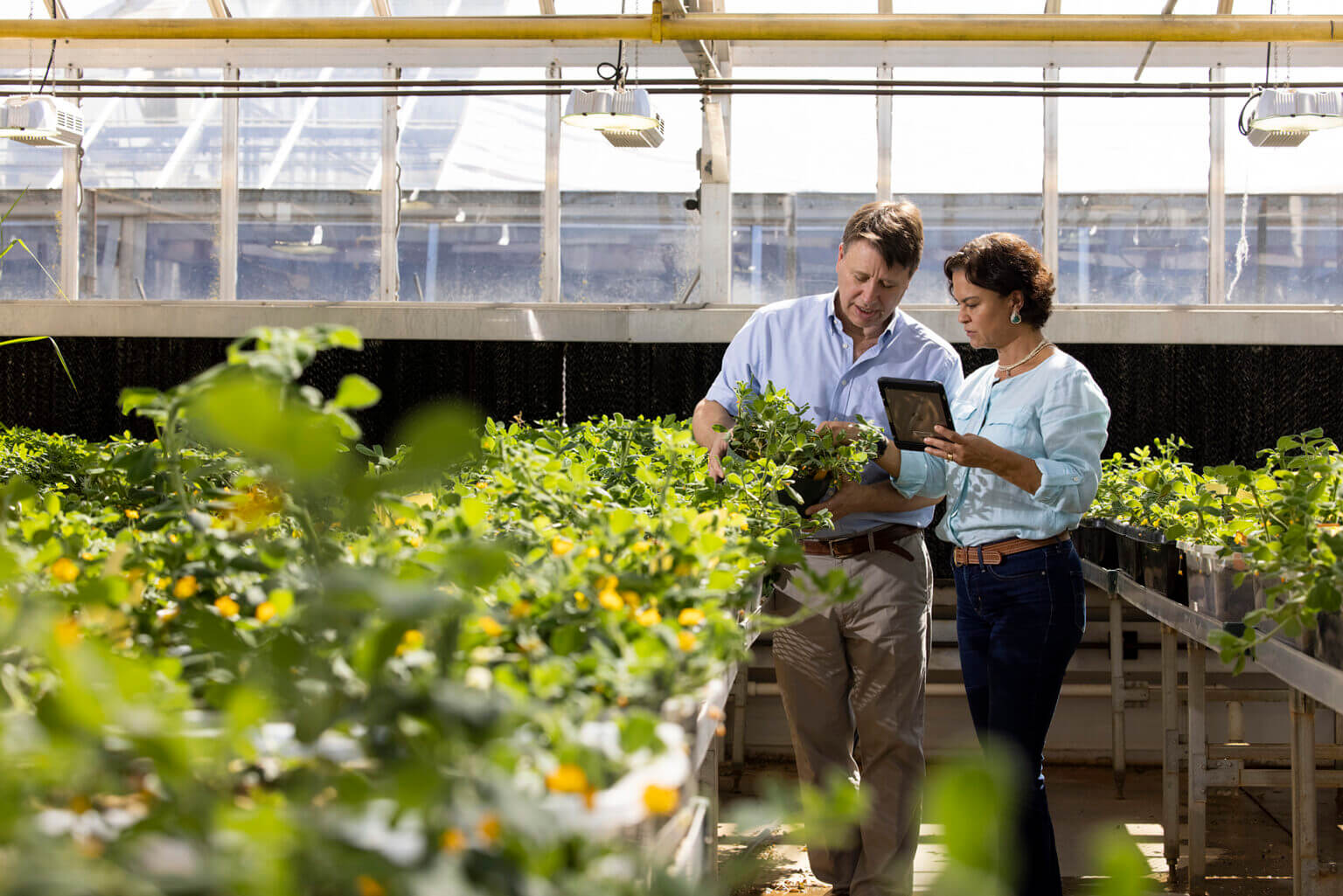
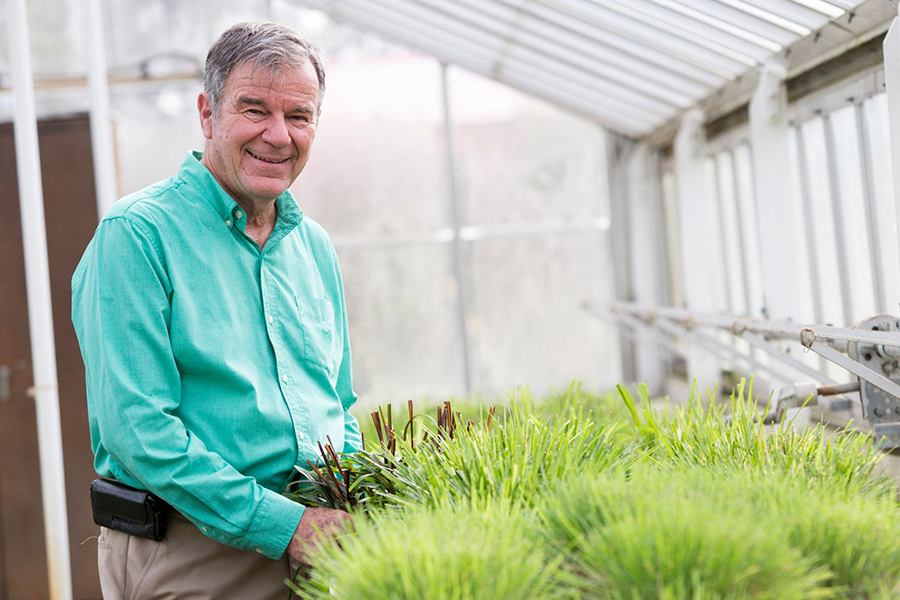
.jpg)
